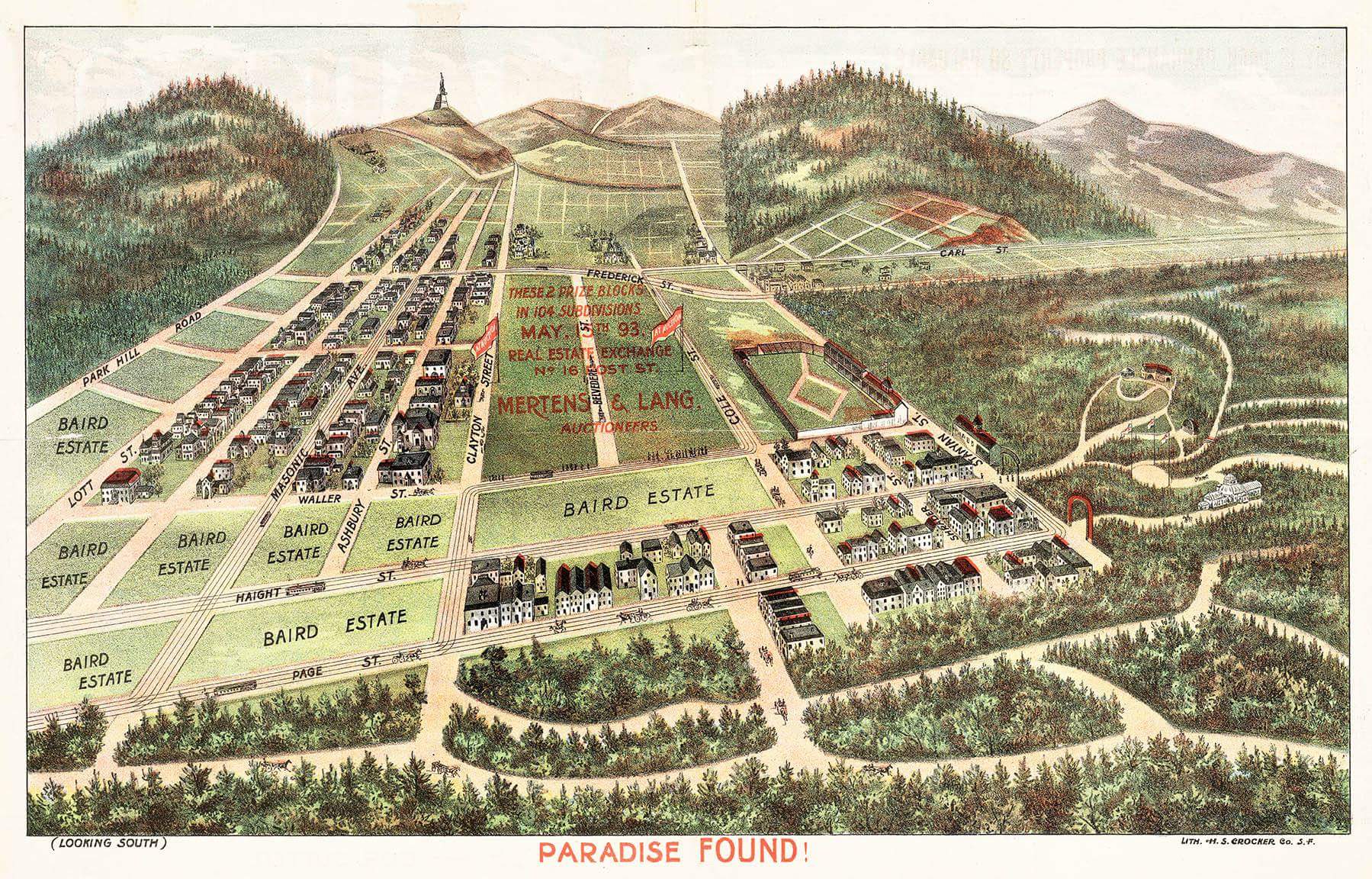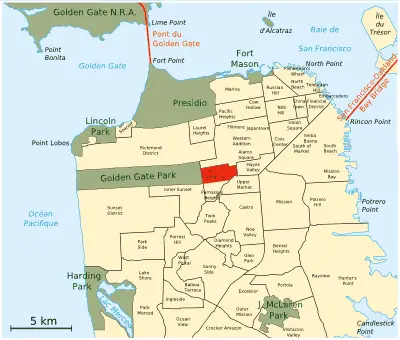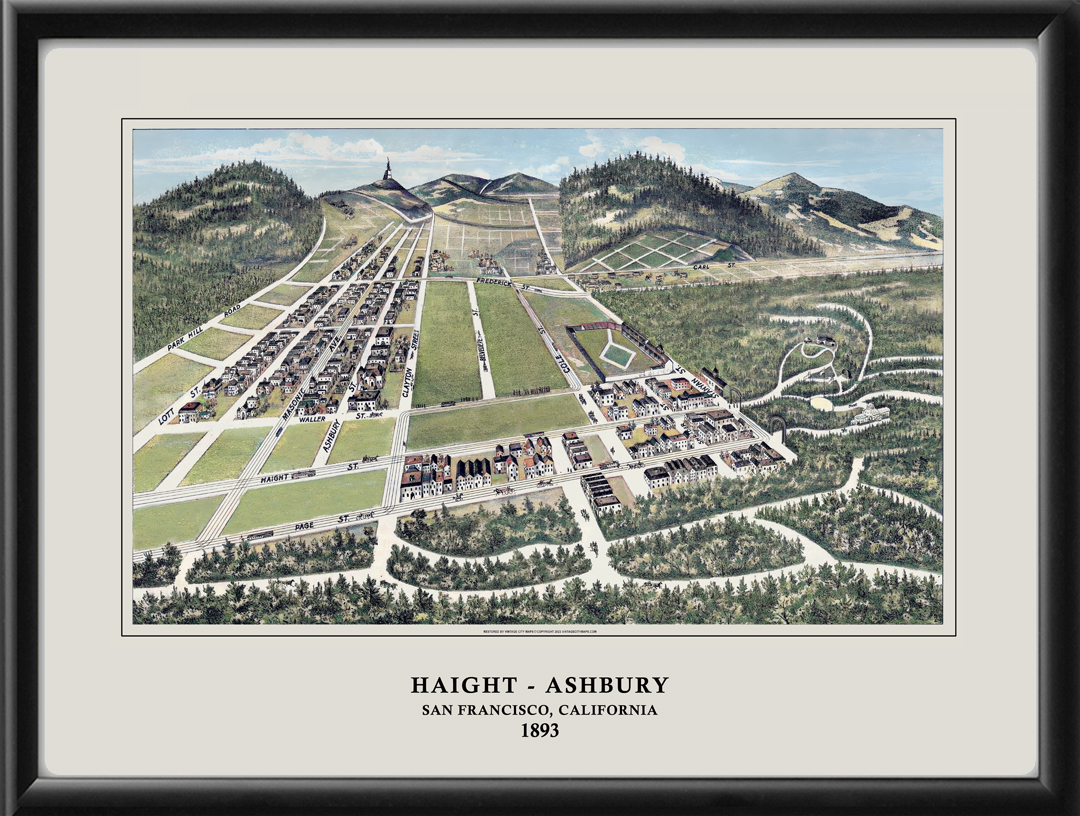Map Of Haight Ashbury
The Haight-Ashbury district of San Francisco is a vibrant tapestry of culture, history, and artistic expression. Over the decades, it has evolved into a sanctuary for those who seek to embrace counterculture, each twist and turn whispering tales of a bygone era. A map of this iconic neighborhood serves not only as a navigational tool but also as a portal to its rich narratives.
File:Haight-Ashbury real estate map late 19th century.jpg – FoundSF

This historical map encapsulates the formative years of Haight-Ashbury, showcasing its early real estate development. The elegance of the Victorian-era architecture that once revolutionized the neighborhood is evident, hinting at a time when Haight-Ashbury was merely a burgeoning residential enclave, far removed from its later association with the hippie movement.
Map of Famous Houses in the Haight Ashbury District

This intricate map details the homes that served as launching pads for some of the most influential figures in American history. From musicians to writers, the dwellings echo with the vibrancy of creativity. Each address is tinged with lore, serving as a reminder that this neighborhood has long been a crucible for transformative ideas.
Haight-Ashbury | Map, Counterculture, Hippie Movement, & Bohemianism

The allure of this map lies in its representation of not merely geographic points but the confluence of ideologies that redefined societal norms. It contextualizes the district’s pivotal role during the 1960s, as young revolutionaries congregated in pursuit of peace, love, and artistic expression—a defining moment in American culture.
Sf Haight Ashbury Map – MapSof.net

This contemporary map emphasizes Haight-Ashbury’s continued relevance in today’s vibrant urban landscape. It illustrates the juxtaposition of modern cafes and eclectic shops alongside historical landmarks, a charming blend that invites both visitors and locals to explore its winding avenues and eclectic offerings.
Haight-Ashbury District of San Francisco 1893 – Vintage City Maps

This vintage map captures the essence of the Haight-Ashbury district at a pivotal moment in its history. The careful delineation of streets and buildings offers a glimpse into a time when the area was poised on the brink of transformation, poised for the artistry and radical thought that would soon ensue.
Ultimately, a map of Haight-Ashbury is more than just a graphical representation; it is a tapestry woven from history, culture, and the pulsating rhythm of human creativity. As one traverses its paths, the echoes of the past resonate, drawing each generation into the kaleidoscope of change that is Haight-Ashbury.
